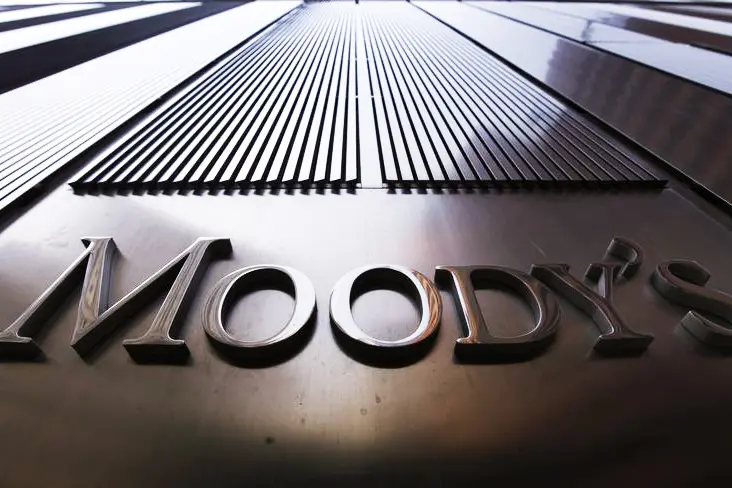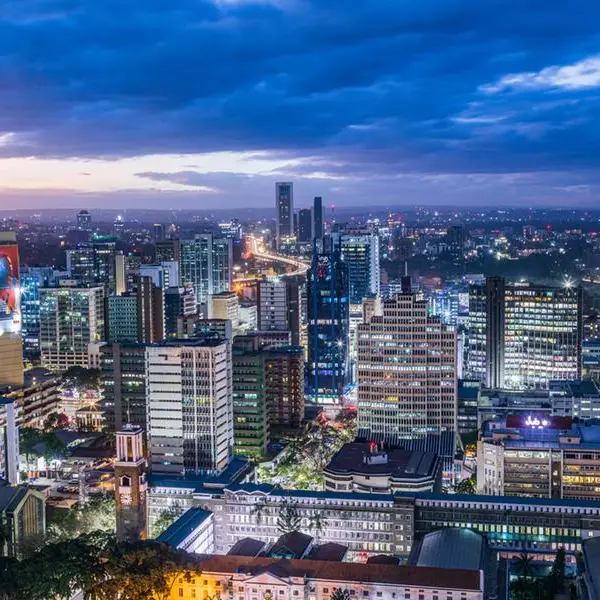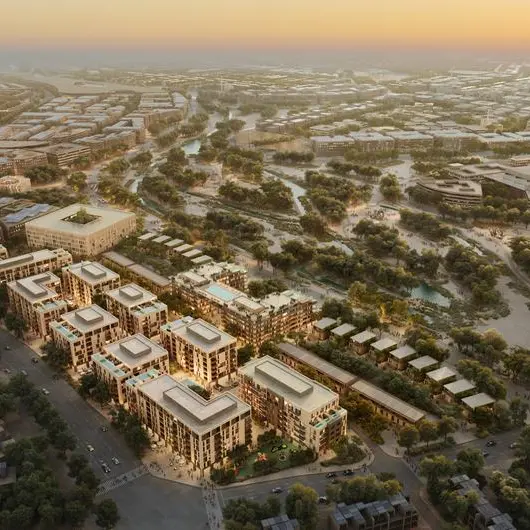PHOTO
BEIRUT - Moody’s ratings agency said the international aid package to Lebanon agreed at the recent CEDRE conference in Paris will reflect positively on Lebanon because it supports the resumption of public investment and induces officials to implement fiscal reforms as a condition for disbursements. “The aid package is credit positive because it supports the resumption of public investment, while incentivizing fiscal reform implementation as a condition for disbursements,” Moody’s said in a report on Lebanon after CEDRE.
In Paris, delegations from 41 nations committed to an $11 billion aid package on behalf of Lebanon.
“The aid is earmarked for investment over the next five years to overhaul the country’s ailing infrastructure and to lift the $53 billion economy’s faltering growth,” the ratings agency said.
Moody’s and other international investment banks hailed the pledges of the donor states to help Lebanon finance crucial infrastructure projects but underlined the importance of fiscal and administrative reforms as a condition to attract these funds.
“In the wake of the conference, Prime Minister Saad Hariri pledged to reduce the fiscal deficit by five percentage points of GDP over the next five years from a budgeted 8.5 percent in 2018 and an estimated 7.5 percent in 2017,” the report said.
The package includes around $10.2 billion of concessional loans and $800 million in grants, with $4.4 billion from the World Bank, $1.35 billion from the European Bank for Reconstruction and Development, and the renewal of a $1 billion credit line from Saudi Arabia.
CEDRE was the fourth conference of its kind to be organized in support of the Lebanese economy.
“The last one in 2007 garnered $7.6 billion of pledges, but only half of those were disbursed by the end of 2016 because of Lebanon’s lack of enacted reforms. We expect better reform implementation now. After a 12-year hiatus, regular annual budget cycles resumed in 2017, an indication of policymakers’ focus on fiscal consolidation,” Moody’s said.
The report said the first phase of the Capital Investment Program targets the transportation sector, water and irrigation, and electricity, with a share of 20-25 percent each, followed by the solid waste management and wastewater sectors.
“If accompanied by efficiency improvements, the CIP has the potential to significantly boost economic growth. On the public investment efficiency front, Lebanon is one of the weaker performers. As of 2015, Lebanon’s capital stock per capita was $6,530, 26 percent below the median for upper middle-income peer countries, according to International Monetary Fund estimates,” Moody’s said.
Moody’s said Lebanon needs to improve its efficiency gap even though it is one of the highest among upper middle-income countries.
“Lebanon’s efficiency gap, as measured by the capital stock per capita relative to the assessed quality of infrastructure, was 40 percent in 2015, one of the highest for upper middle income countries. One example is Electricite du Liban, the country’s main electricity provider, which accounts for close to 10 percent of budget expenditures,” Moody’s said.
Citing IMF estimates, Moody’s said each incremental percentage point of GDP in public investment implies an additional 0.3 percentage point of GDP growth in countries with high efficiency gaps, and an additional 0.6 percentage point in countries with a low efficiency gap.
Copyright © 2018, The Daily Star. All rights reserved. Provided by SyndiGate Media Inc. (Syndigate.info).





















